The daughter of a rural physician, Sarah always wanted to practise medicine in a small community. She talks about the joys and challenges she has experienced during her 20 years in rural medicine.
“I grew up in Hazelton, British Columbia, which is the northern-most point on what we now call the Highway of Tears. My father was a family physician there. Almost all of the physicians and dentists and many of the nurses lived on the hospital grounds. We spent a lot of time as we were growing up, in the hospital for volunteer work, and for social things too. There was an old pump organ at the nursing station, which is where we would spend Christmas morning singing and visiting with patients and each other.”
There was no veterinarian for about 100 kilometres, so my dad would spay and neuter cats in our basement with upside down desk lamps hanging from the ceiling. My brother and I were his assistants. That was my first introduction to the anesthetic ketamine.
“My dad would take some equipment home and afterwards he would take it back to the hospital to be sterilized. He saw that as part of being a service to the community.”
“The three professions that I was aware of growing up were medicine, nursing and teaching. My mom was vice principal of our high school and focused on serving communities and youth, particularly First Nations youth. That was very formative for me. I didn’t really know any lawyers and had no idea what an engineer did. So I went to university absolutely thinking that I wanted to do medicine.”
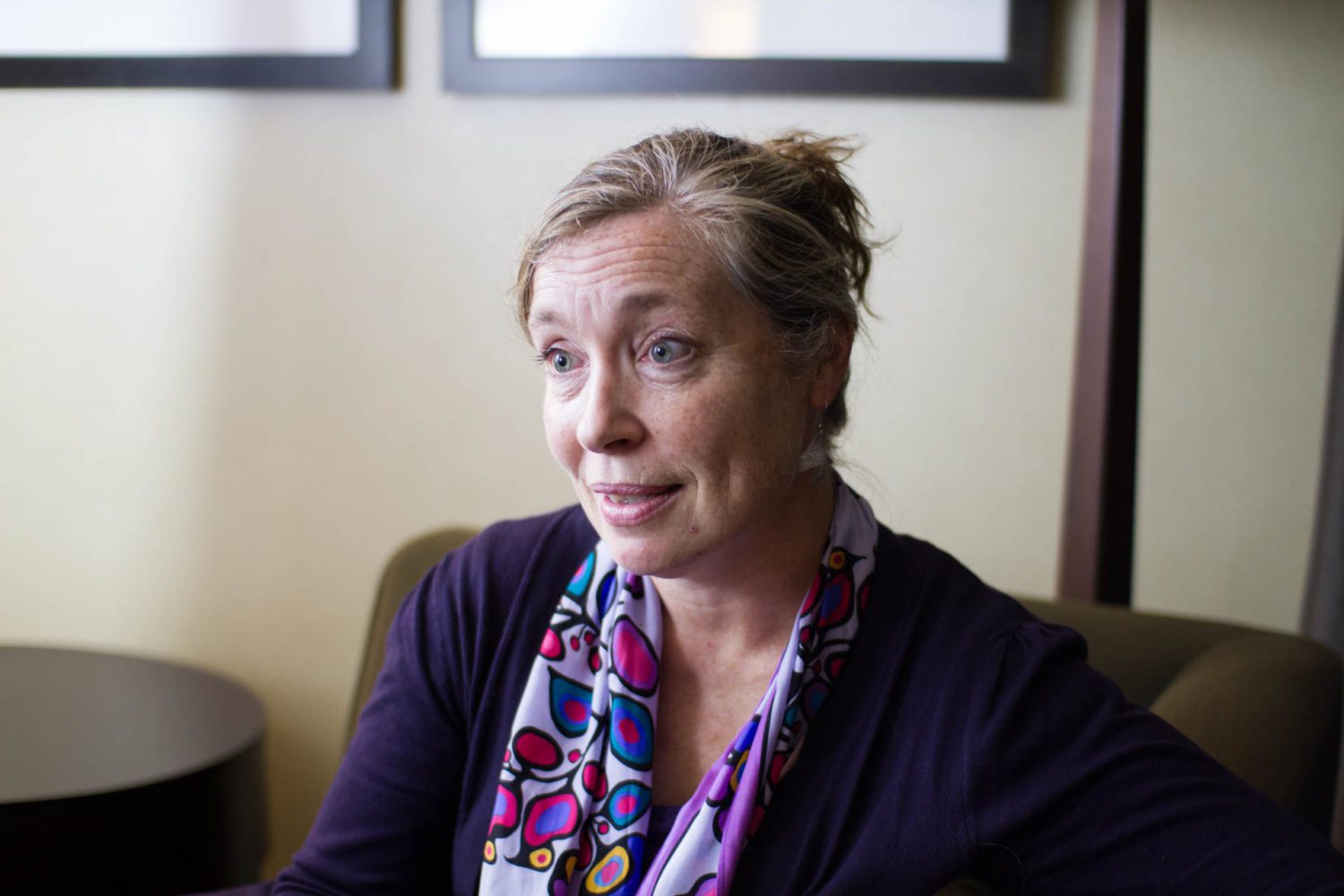
What changes have you seen over the last 20 years in how rural medicine is practiced?
“In many ways it’s much easier to practice rural medicine now. E-consult is a wonderful new opportunity. Tele-medicine allows patients to experience care in their community, and has also been great for physicians. I love sitting in on tele-medicine consults. It’s an opportunity to hear the questions specialists ask, and learn from that.”
“The thing that I think frightens new grads the most clinically about rural medicine is the traumas and patients who are critically ill. Those patients challenge our skills and courage the most. Virtual ICU, which we’ve had access to for about 18 months, has been wonderful. Having an intensive care physician virtually in the room helps reassure us where it’s appropriate, sometimes leads to changes in management, and also expedites transfer when that’s needed. At the end of the day it’s still our hands that have to do things like the intubation and chest tubes. But the opportunity to have support in the room has been a huge change.”
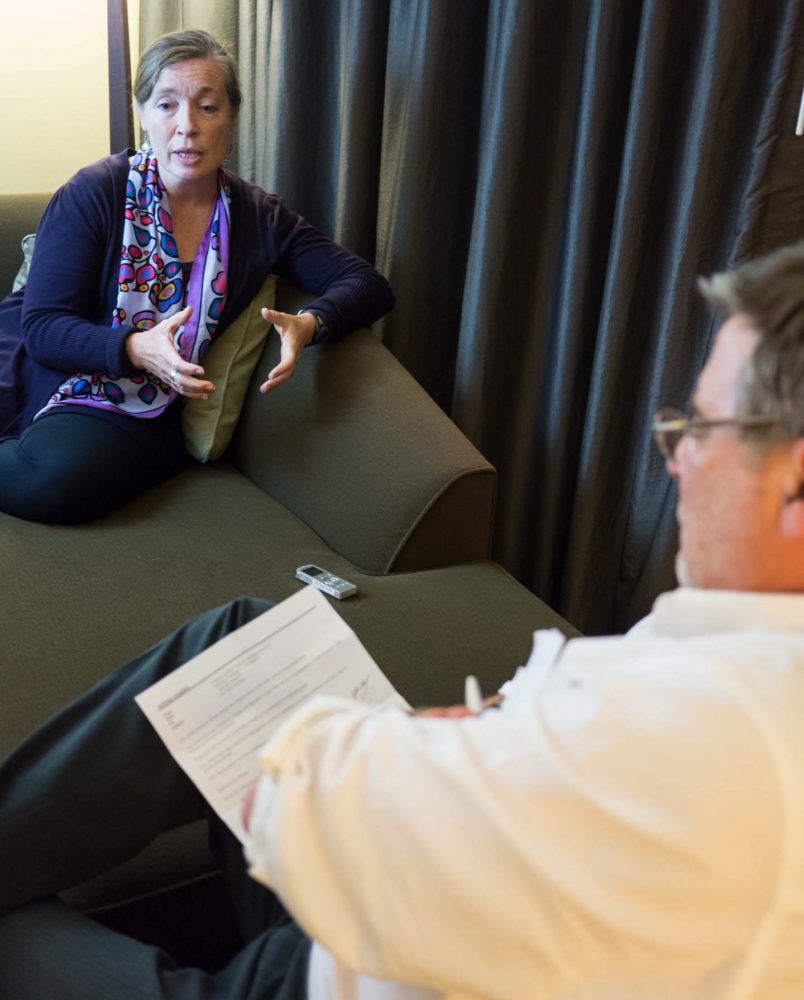
What advice do you give to people entering family medicine?
“I think everyone should do a few years in a rural environment, which provides a huge opportunity to develop and maintain very comprehensive skills. If you graduate and immediately go into an office-only practice, it’s really hard to regain those skills. But once you have them, it’s much harder to lose them.”
These days there are far more family medicine residents choosing a focused practice such as palliative care or emergency medicine. But what the community needs is comprehensive primary care.
Are there things in health care that small communities do better than large ones?
“The challenges in small places are challenges of geography. It’s hard to fly somebody out if they are sick and the weather is bad. But living in a remote community makes some decisions easy.”
‘If I get dialysis, does that mean leaving Marathon?’
‘Yes’
‘I’m not doing that.’
‘If I get intubated does that mean going to Thunder Bay?’
‘Yes.’
‘I’m not doing that.’
“We admit our patients, follow them in hospital, discharge them and see them in clinic again. It’s seamless and integrated care that I don’t think exists in many other settings.”
“When we think about healthcare institutions we tend to think about hospitals, clinics and pharmacies. But in small places it’s also churches, the police, the post office, the bank. I’ve had phone calls from bank tellers who have said, ‘So-and-so didn’t seem to remember how to sign their cheque today. Maybe you need to see them.’
“I’ve had the postmistress say that she hadn’t seen someone for two weeks and she flagged that to me as a healthcare provider because she was worried that he was sick or worse. There was no local friend or relative to call and so we checked with the clinic and hospital and no one had seen him. I called the police and spoke to an officer who I know on a first name basis. He also knew the missing man. The story has a happy ending because after a quick investigation and two phone calls he was found safe and sound. That kind of looking out for one another, and expression of concern for one another, happens not infrequently in small places.”
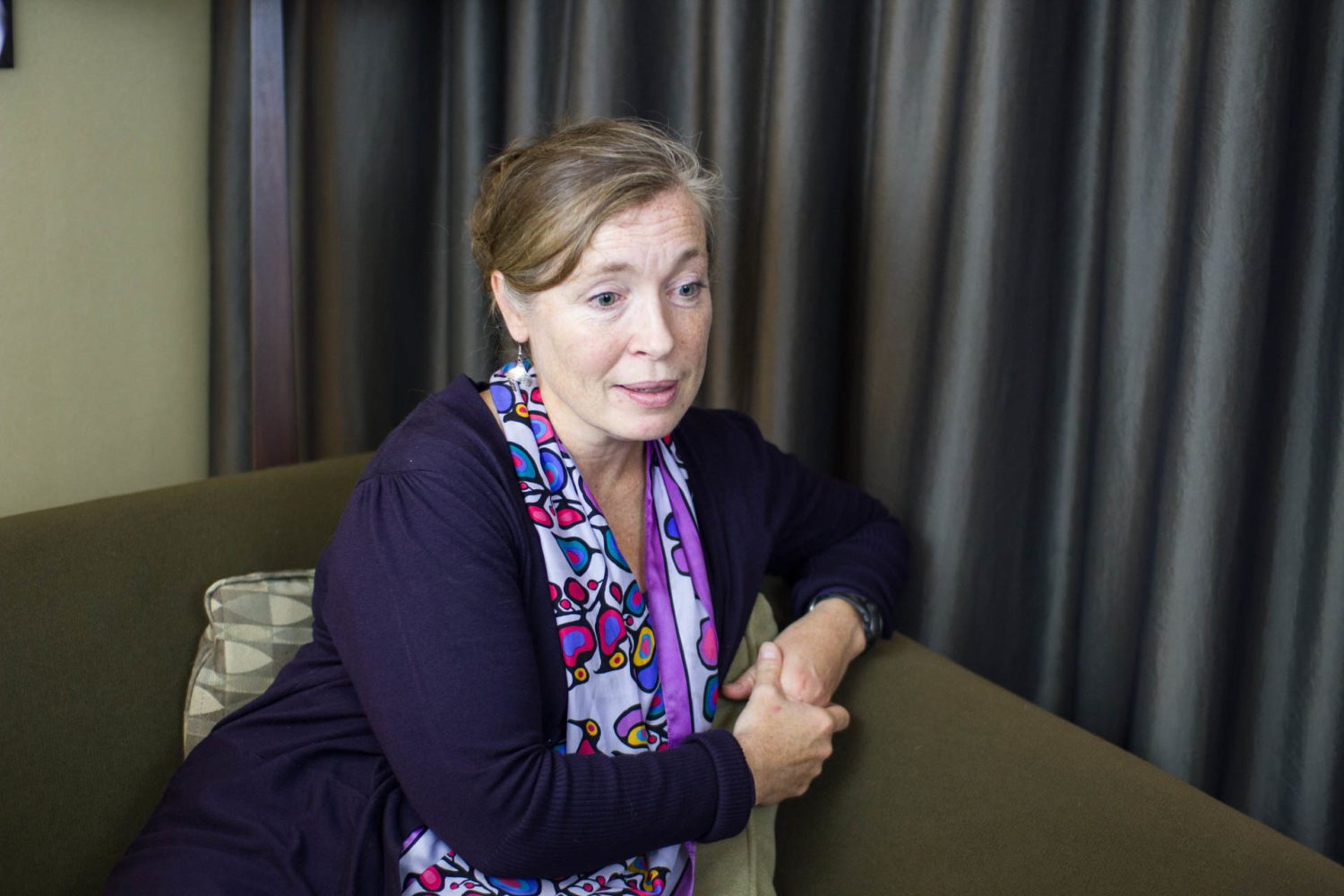
Who have been your role models?
“First and foremost, my dad. His ability to understand the community within which he worked was remarkable. So was his ability to articulate our responsibility to help small places feel worthy. Many small communities experience a revolving door of sometimes mercenary healthcare workers who stay for a couple of years, make a lot of money and then move on. They are not there because of the community. There are very few shiny things in small communities. So to have good schools and good healthcare allows small places to feel worthy and safe. That’s something I took from my dad.”
“My next door neighbour while I was growing up was a remarkable female physician. She was the organist at the hospital and her approach to people and her passion for family medicine is something that I still find moving even today.”
“My grandfather founded the first Native Studies department in Canada at Laurentian University. When I visited my grandparents as a kid there were often First Nations people in the living room and we almost always went to visit friends on the reserve. The value that my grandfather placed on what we could learn from First Nations people really influenced me.
The culture has a very holistic approach to health. The medicine wheel, and the physical, mental, spiritual, and emotional understanding of what it means to be fully healthy is something that western medicine is coming to understand in more recent years. That teaching was a really influential learning for me.”
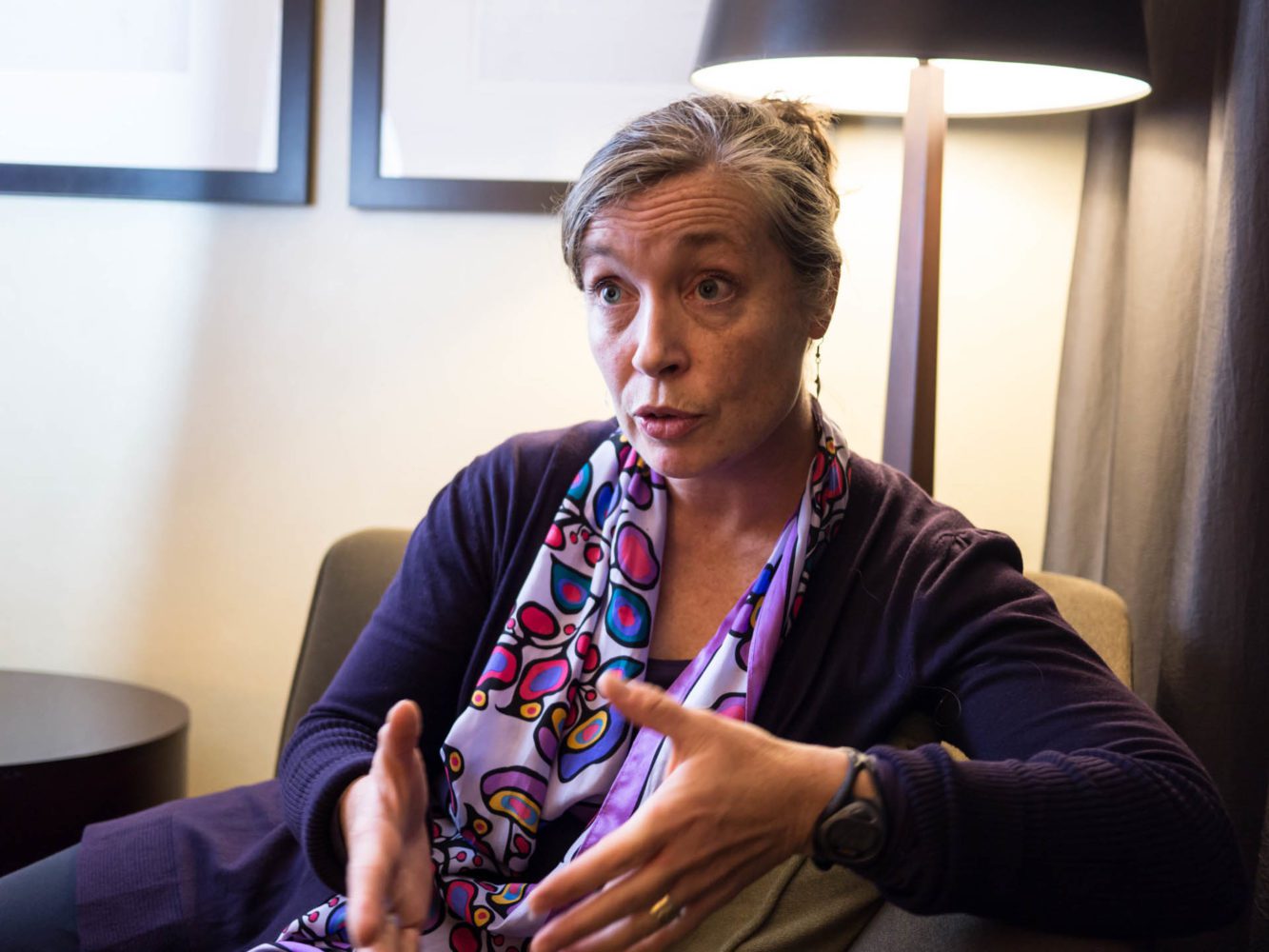
You appear to have an unusually stable group of family physicians in Marathon. What do you attribute that to?
“Enlightened self-interest, which boils down to making some sacrifices as individuals to sustain a healthy group. Small rural physician groups are so tenuous. It doesn’t take much to put them on a slippery slope from which there is no recovering. So we have worked to make sure that we have got a bit of extra capacity and flexibility.”
We’re funded for six physicians, but we share that among eight. Nobody wants to be on call all the time. We don’t want people cancelling holidays.
“Having eight physicians has allowed us to have the capacity to do the other things that make life meaningful and rich in Marathon. This seems to lead to greater willingness of new recruits to come, longer retention of people and less risk of burnout.”
“We invest in each other’s education around trauma and critical events to ensure that we are keeping each other as skilled as we can be. If we have a trauma or critically ill person, we will use some of our funds to pay for a member of our group who may not be experienced to come in, so that physician can learn. If we don’t invest in each other so that we are confident and competent, then we haven’t served ourselves well.”
“It’s really important that new recruits fit in with the existing group. If the fit isn’t good, we have actually done more damage than if we ride it out with locums and some additional support while we find the right person. I think a huge piece of good fit is being able to have respectful conversations with each other. There’s also a pretty fundamental expectation that you will come if you are called by a colleague, and that you will call when you need help.”
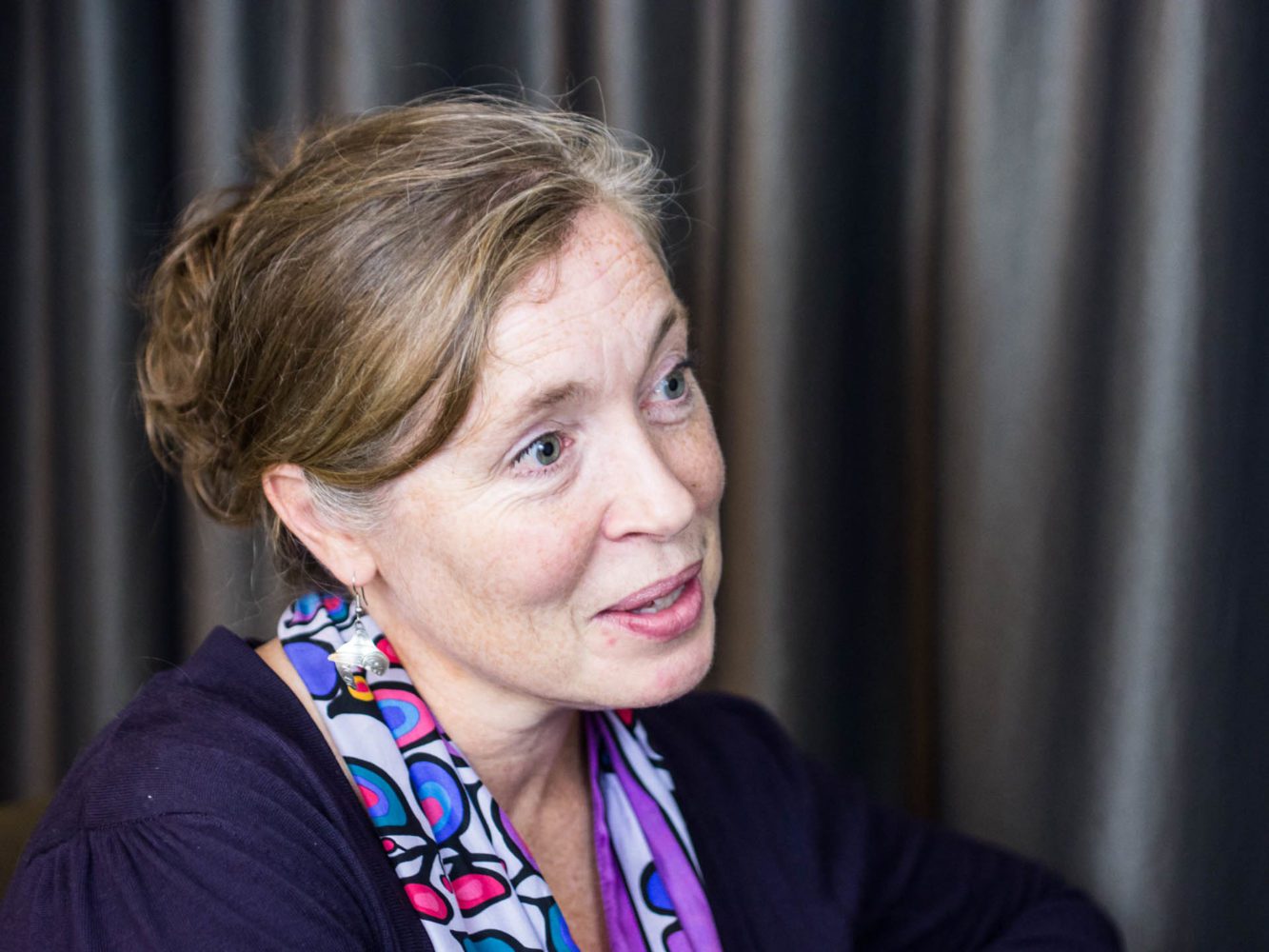
“I really value the opportunity to make a difference to the health of the whole community. Some years ago the town engineer called to ask me to chair a groundwater protection steering committee. When I said that I didn’t know anything about water he said, ‘You don’t need to know about water. We will find experts for that. Water is about health and you know about health.’ That was really a wonderful opportunity to think about the way water affects the health of the community. We had to come up with a spills management plan, and identify where we would access water if the aquifer was contaminated.”
“I found that a very meaningful process. That led to the remediation of our harbour, which had a huge mercury and PCB [polychlorinated biphenyl] dump in it. So after chairing the groundwater steering committee, I chaired the committee to look at how we would remediate the harbour. Now that has been done, and the community received an environmental stewardship award.”


The comments section is closed.